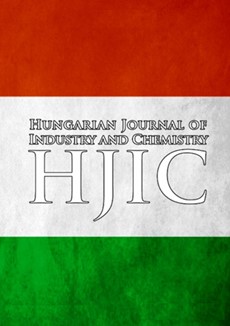Thermal Stability of Chemical Reactors
DOI:
https://doi.org/10.1515/552Abstract
The occurrence of thermal instability of large chemical reactors is a ell known fact. Experience has shown that during the start and shut down periods, the instability can be considerable and even dangerous. On more than one occasion it was observed that a relatively small change of the feed rate (B), the concentration (c0) or the temperature of the feed (T0) caused a rapid drop of the temperature and conversion of working reactor, characterized by high temperature and high degree of conversion. There are apparent contradictions in the observations of reactors running at low temperature and with a small degree of conversion, that an insignificant alteration of the previously mentioned parameters resulted in a sudden increase of temperature and conversion. In practice, this latter phenomenon was called "ignition" independently from the fact whether burning or an increase of the catalyst temperature only took place. A different type of instability could be observed and also reproduced at certain critical parameter values, when the working condition of a reactor changed suddenly between the mentioned limits, and regarding the thermal phenomena, an oscillation came into existence. Summing up the experiences, it can be stated that there are narrow unstable domains in the working conditions of a reactor which cannot be described merely by the heat balance of the system.Downloads
Published
1973-05-02
Issue
Section
Articles
How to Cite
Thermal Stability of Chemical Reactors
. (1973). Hungarian Journal of Industry and Chemistry, 1(4), 555-562. https://doi.org/10.1515/552




